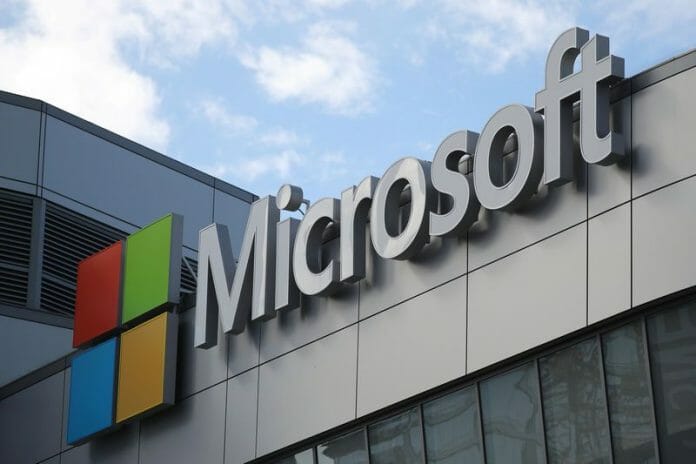A Microsoft sweep of PC test purchasing revealed that more than four in five (83%) brand new PCs in targeted countries in Asia are loaded with pirated software. The PC samples selected were purchased from retailers that offered PCs at much lower cost and free software bundles to lure customers. In many cases, these retailers also sold pirated software at their store.
“Cybercriminals are constantly evolving their techniques to evade security measures, and embedding their malware into pirated software is one of their tactics as it allows them to compromise large numbers of PCs and access vast amount of stolen credentials with ease,” said Mary Jo Schrade, Assistant General Counsel & Regional Director, Digital Crimes Unit, Microsoft Asia.
“When vendors sell pirated software containing malware in their PCs, they are not only fueling the spread of malware in the region but are also putting their customers’ personal information and digital identity at the mercy of cybercriminals,” added Mary Jo.
These findings are particularly concerning as customers buy PCs that offer special deals which are cheap and come with free software, not realizing the risks they may be exposing themselves to. In most cases, they may not even realize that the security features of their PCs are turned off and may fail to spot suspicious activities on their devices. Many of these infected PCs’ users are highly susceptible to data loss, including personal documents and sensitive information such as passwords and banking details, as well as identity theft where they lose control of their social media and email accounts. Users might also experience compromised PC performance as malware, running in the background, can slow down devices.
Besides using genuine software, people can also consider and adhere to the following recommendations to better protect themselves:
- Keep software current with the latest security patches, which are always free.
- Follow safe Internet practices and do not visit potentially dangerous websites, such as those that offer adult content, illegal downloads, and pirated software, as well as file sharing portals.
- Avoid using very old software which has reached its end of life and is no longer supported by the software vendor for updates and security patches.









